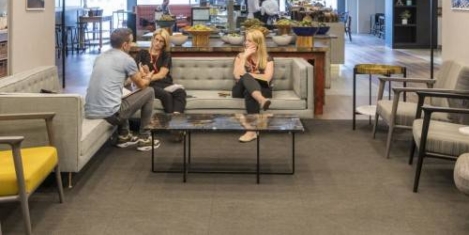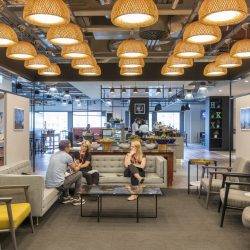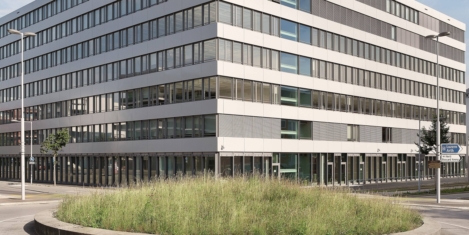December 7, 2018
Half of employees prefer to discuss health issues with colleagues than loved ones
 Almost half (49 percent) of UK employees admit they speak to colleagues about health concerns before sharing it with a partner or loved one, claims new research by Bupa Health Clinics. Stress, sleep, anxiety and weight problems are among the main concerns being discussed by employees at work, before confiding in those closest to home. The new report found that 46 percent of employees prefer to talk about health with a colleague over a loved one. Many do so with good intentions with more than a third finding it easier to talk to a colleague as they are less likely to worry.
Almost half (49 percent) of UK employees admit they speak to colleagues about health concerns before sharing it with a partner or loved one, claims new research by Bupa Health Clinics. Stress, sleep, anxiety and weight problems are among the main concerns being discussed by employees at work, before confiding in those closest to home. The new report found that 46 percent of employees prefer to talk about health with a colleague over a loved one. Many do so with good intentions with more than a third finding it easier to talk to a colleague as they are less likely to worry.





















 Over a third (35 percent) of UK workers continue to work when then get home from the office, claims research from
Over a third (35 percent) of UK workers continue to work when then get home from the office, claims research from 













December 4, 2018
I’m a designer and I job share with an AI
by Ceilidh Higgins • Comment, Technology, Workplace design
Thomas Edison is credited with the phrase “Genius is one percent inspiration, ninety-nine percent perspiration” and I believe there is no field where this applies more than architecture and design. So often people assume that interior design is such a fun, creative job – that it’s all about drawing, colours and furniture, something like being paid to colour in and shop – when today being a designer is just as much about people management, psychology, project management, documentation, checking codes and standards and managing contracts. It’s also often about a culture that expects long hours and being always available to the job. “It’s not work when you are passionate about it?” is common. But what if instead we could all work less hours and job share with our computers?
(more…)